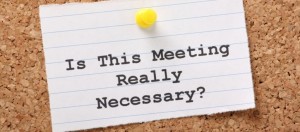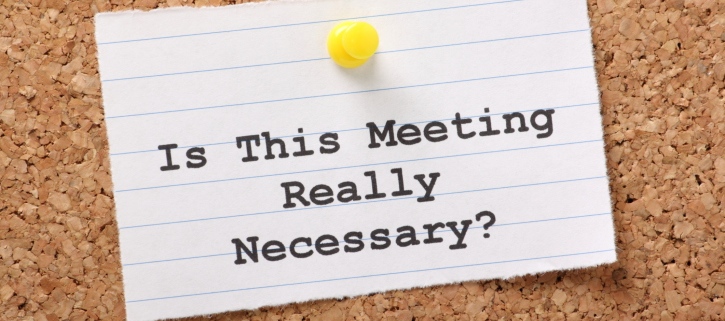
Can We Really Get More Out of Our Time?
Want To Learn More?
Contact Dwight today for a complimentary conversation on your organization and how your managers can improve their overall productivity and effectiveness.
As I searched for direction at that point in my managerial career, I thought it would be useful for me to attend a time management course. During the first class, the instructor shared a story that I still use to illustrate the difference between productivity and effectiveness, and how modern executives are always struggling to get more done. You may have heard this before.
The instructor asked us to consider an empty bucket. He said, “If I fill this bucket with stones, would you consider it full?” “Of course!” we all chimed in. Next he suggested pouring a bag of marbles into the pail full of stones. Because the spaces around the stones had all been filled up, he asked again if we would say that the bucket was full. We did, again. Next, he suggested pouring a sack of sand into the pail, and finally a bottle of water. In each case, we saw that what at first glance looked like a full pail could keep taking on more, with each new addition filling up space that had been ineffectively used.
The exercise was well received by the class, and showed that there is always a strategy for managing your day which can help you get more done. By breaking tasks into small, manageable chunks, you can increase your productivity. But while this thinking can be helpful in some ways, it can be harmful overall. This is because we need to think about more than “how much” can fit in the pail. We also need to think about “what” should go in the pail.
Productivity vs. Effectiveness
What’s the difference between productivity and effectiveness? Simply put, while productivity is about getting things done, effectiveness is about getting the right things done. Managers run a considerable risk when they try to force more tasks into their buckets, ineffectively. Working through lunch, not taking breaks, and returning voicemails while answering emails rarely results in getting more done: instead, it creates stress, increases the chances for errors, and ultimately results in a tired, over-allocated manager. The question you should be asking yourself isn’t whether you’re being productive; it’s whether you’re using your time effectively and focusing on the right work.
Improved Effectiveness Leads to Increased Productivity
Using the right accountability framework can turn improved effectiveness into increased productivity. It allows managers to determine how effective they are in defining their own priorities and setting context for their subordinate managers. It also ensures that managers clearly understand the priorities of the organization and those of their subordinate managers. In turn, managers are enabled to make good decisions, use their time effectively, and operate to their full capability throughout the workday.
Productivity training is vital, but you won’t get the best bang for your buck without backing it up by strategizing for effectiveness. Spending an equal amount of time on setting appropriate context for your subordinate managers ensures they are clear about their accountability and authority, and helps them make the trade-offs that are necessary for them to be able to focus on the important work of the day.






